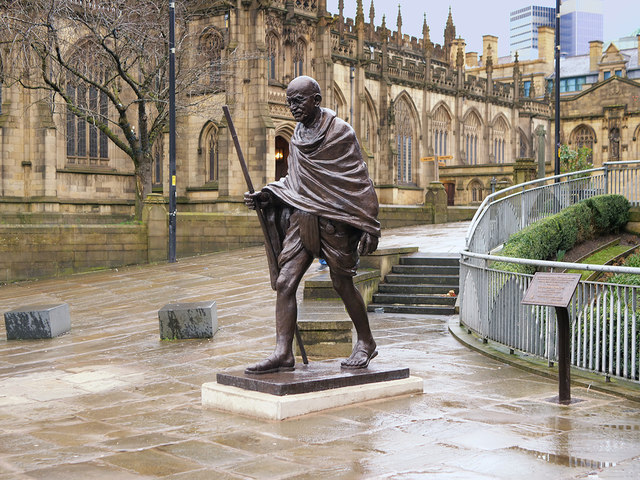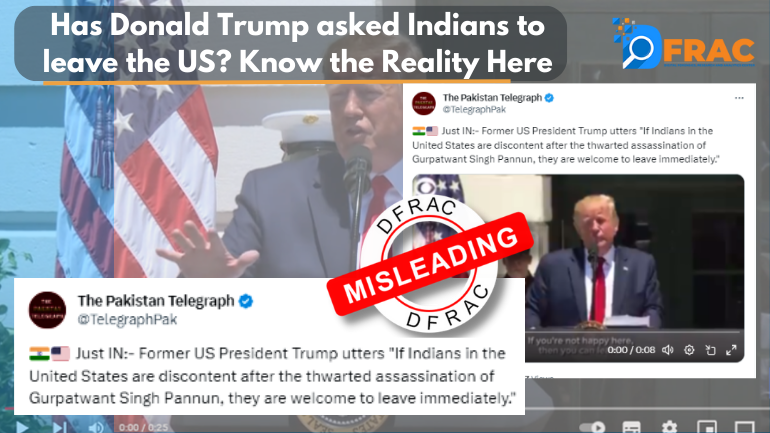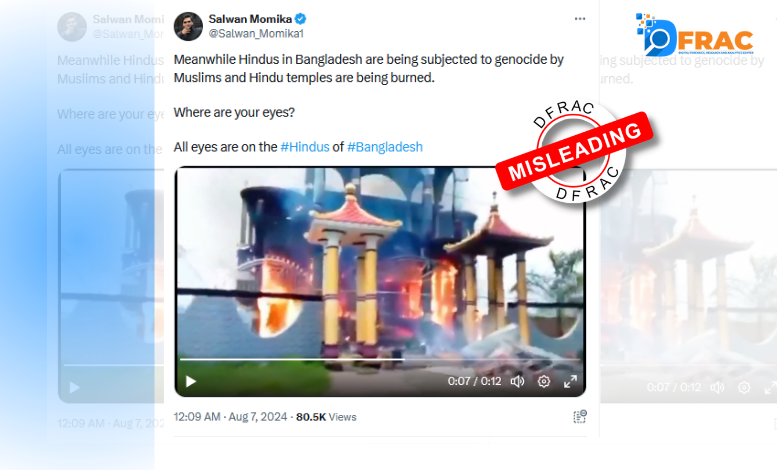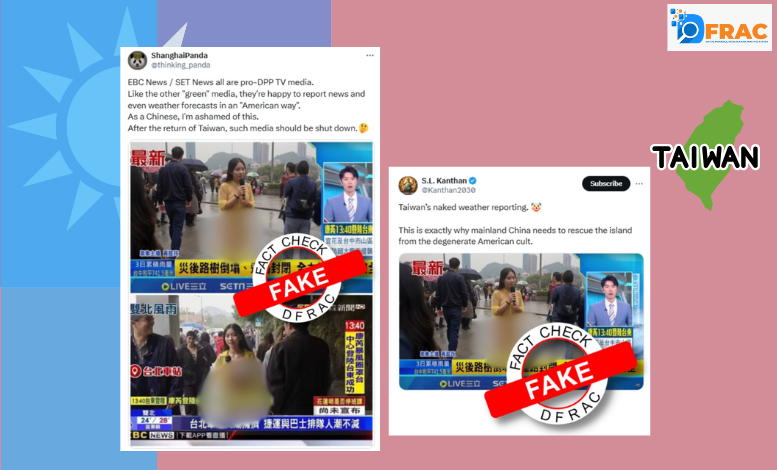There will hardly be any person in human history who has changed the lives of such a large number of people in a single lifetime as Mahatma Gandhi. There are two kinds of greatness of man. One, purely intellectual or artistic, that sets its owner apart, no matter how much it is appreciated or admired. The second type in which many men and women express their feelings and emotions not just in words, but in the art of living themselves.
Gandhi was primarily a second type of great man. Upon his return from South Africa in 1914, instead of trying to form a new organization, Gandhi joined the Indian National Congress, the single most popular political party leading India’s struggle for independence, to express his revolutionary ideas, the ideas implemented during his stint in South Africa.
He, in his way of life, aligned himself with the downtrodden, the oppressed, the half-literate, the poor, the ignorant, who constituted the vast majority in India. In the words of Ram Manohar Lohia: ‘Millions of people across the world saw him (Gandhi) as his spokesperson, consolation and remedy for his sufferings and woes.’
Controversial figure
But Gandhi was a controversial figure during his lifetime and afterwards. Right-wing believed and accused him of appeasing Muslims and considered him as someone who by doing it was betraying Hindus.
It is also argued that while he had accelerated the partition, he was actually totally against it. He was so depressed by the Partition and the resulting violence that he did not even attend the Independence Day celebrations. That is the reason that even after several decades of being fatally shot, Gandhi still is a subject of misinformation, fake news and propaganda by big political parties.
Accused of appeasing Muslims, blamed for partition
But this is far from the truth. Long before Gandhi returned from South Africa, efforts were on to bring Muslims into the mainstream of the nation. For example, during the 50th anniversary of the revolt of 1857, Savarkar in England in 1907 described Muslims in India as one of the colors of the rainbow. By the Lucknow Pact in 1916, Muslims were also given more representation in proportion to their population. Gandhi was then a new entrant into the public life of the country.
He had no part in the Lucknow talks. Rather, well-known leaders, the pre-eminent Annie Besant, Lokmanya Tilak and Muhammad Ali Jinnah were associated with the treaty. Tilak, the creator of the treaty, justified this by saying: ‘Some eminent people accuse us of giving more importance to Muslims. I would go so far as to say that personally I would have no objection if self-government is granted to a single Muslim.”
In fact, this courageous affirmation of Lokmanya silenced those who opposed the treaty.
Even Subhash Chandra Bose had expressed concern over Muslim not getting their fair share in the Congress.
Keeping all these facts in view, the allegation of appeasement of Muslims on Gandhi can be justified. Gandhi’s commitment to religious tolerance was infinite.
Religion was a personal matter
Since Gandhi was working in a pluralistic environment with respect for diversity, he could practically see the need for mutual tolerance. He made Hindu-Muslim unity one of the three basic objects of the nationalist political platform from 1920 onward.
He was in favor of dialogue between communities at all levels to remove mutual suspicion and hatred. He wrote in Young India, (7 May 1919): ‘As with the Hindus, so with the Muslims, the leaders of the latter should get together and consider their duty to the Hindus.’
When both are motivated by the spirit of sacrifice, when both try to perform their duty towards each other instead of suppressing their rights, then only the long standing differences between the two communities will end. This seems to be as true even in the modern world as it was a hundred years ago. In fact, it is more evident now as Gandhi believed religion was a personal matter and shouldn’t be brought into political space.
Gandhi also wrote, ‘Religions are not meant to separate men from each other, they are to bind them. It is a matter of misfortune that today they have become so deformed that they have become infertile and a strong cause of mutual slaughter.’
How propaganda sealed the fate
The fast observed by Gandhi from January 13-18, 1948 is characterized by his ‘pro-Muslim’ attitude as it is perceived as a strategic coercion on the Indian government to pay the second and final installment of Rs 55 crore to Pakistan. In fact, by linking his stand on the issue of arrears to Pakistan with his fast, he deliberately mixed and distorted the facts of contemporary history. The false propaganda angered a large section of Hindu fundamentalists and Gandhi himself paid dearly for his life when he was shot dead on January 30, 1948 by a fundamentalist Nathuram Godse.





